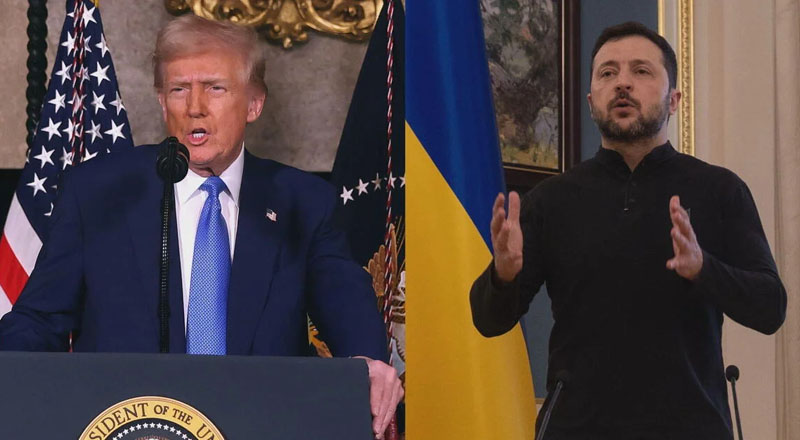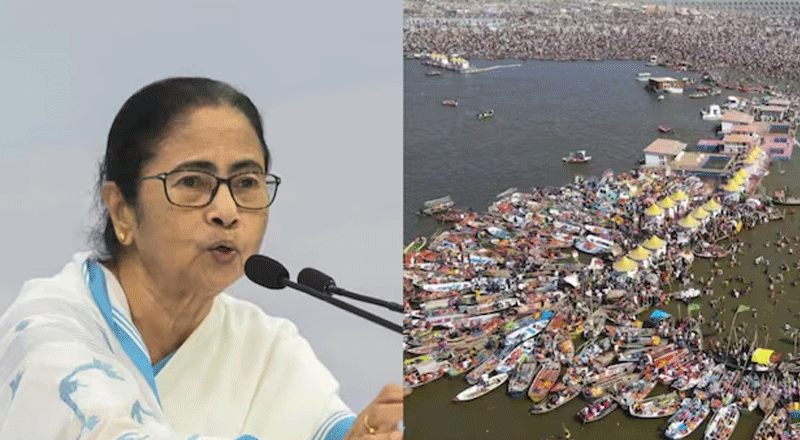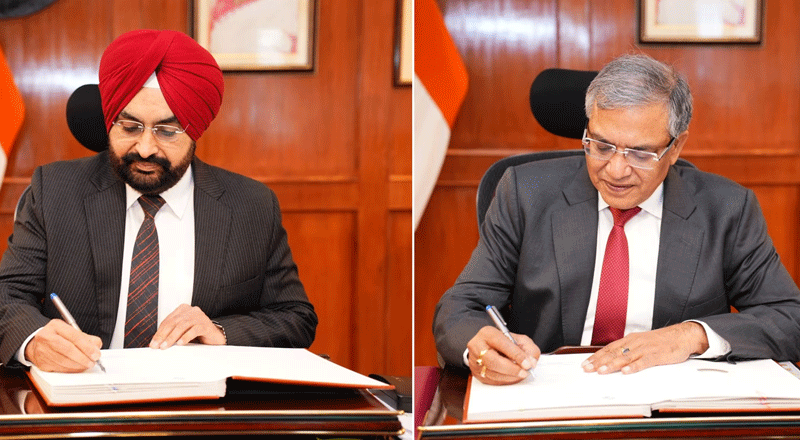“For the functioning of a healthy democracy, it’s imperative that the people feel that their rights and dignity are protected and recognised”, Chief Justice of India N V Ramana said on Saturday.
The CJI was in Srinagar to lay the foundation stone of a new High Court building complex.
He said, “Expeditious adjudication of disputes is the hallmark of a healthy democracy and denial of justice will ultimately lead to anarchy… That will destabilise the institution of judiciary as people will look for extrajudicial mechanisms. Peace shall only prevail, when people’s dignity and rights are recognised and protected.”
“One of the major challenges to the protection of rule of law and human rights was the inability of the formal justice system to deliver speedy and affordable justice to all and the justice delivery mechanism in India was very complex and expensive,” he pointed out.
He added that solving the problems of infrastructure of the courts was very close to his heart and that he had consistently emphasised the need for development and modernisation of the infrastructure.
“Sadly, post-Independence, judicial infrastructure has not been overhauled to meet the demands of growing needs of modern India,” the CJI said, adding that the condition of judicial infrastructure across the country was far from satisfactory and courts were operating from rented accommodations and under deplorable conditions.
“We are far from making our courts inclusive and accessible,” CJI Ramana said. “If we don’t attend to this urgently, the Constitutional ideal of access to justice would stand defeated.”
Emphasising the need for filling up vacancies, he said, “Around 22 per cent of the posts in the district judiciary are still lying vacant. Steps have to be initiated immediately to fill this gap. Appropriate steps are also required to be taken for providing security and accommodation for all judges.”
Citing poet Raja Basu, the CJI said, “Jammu and Kashmir is the confluence of three great religions – Hinduism, Buddhism and Islam… it is this confluence which is at the heart of our plurality which needs to be sustained and cherished.”





